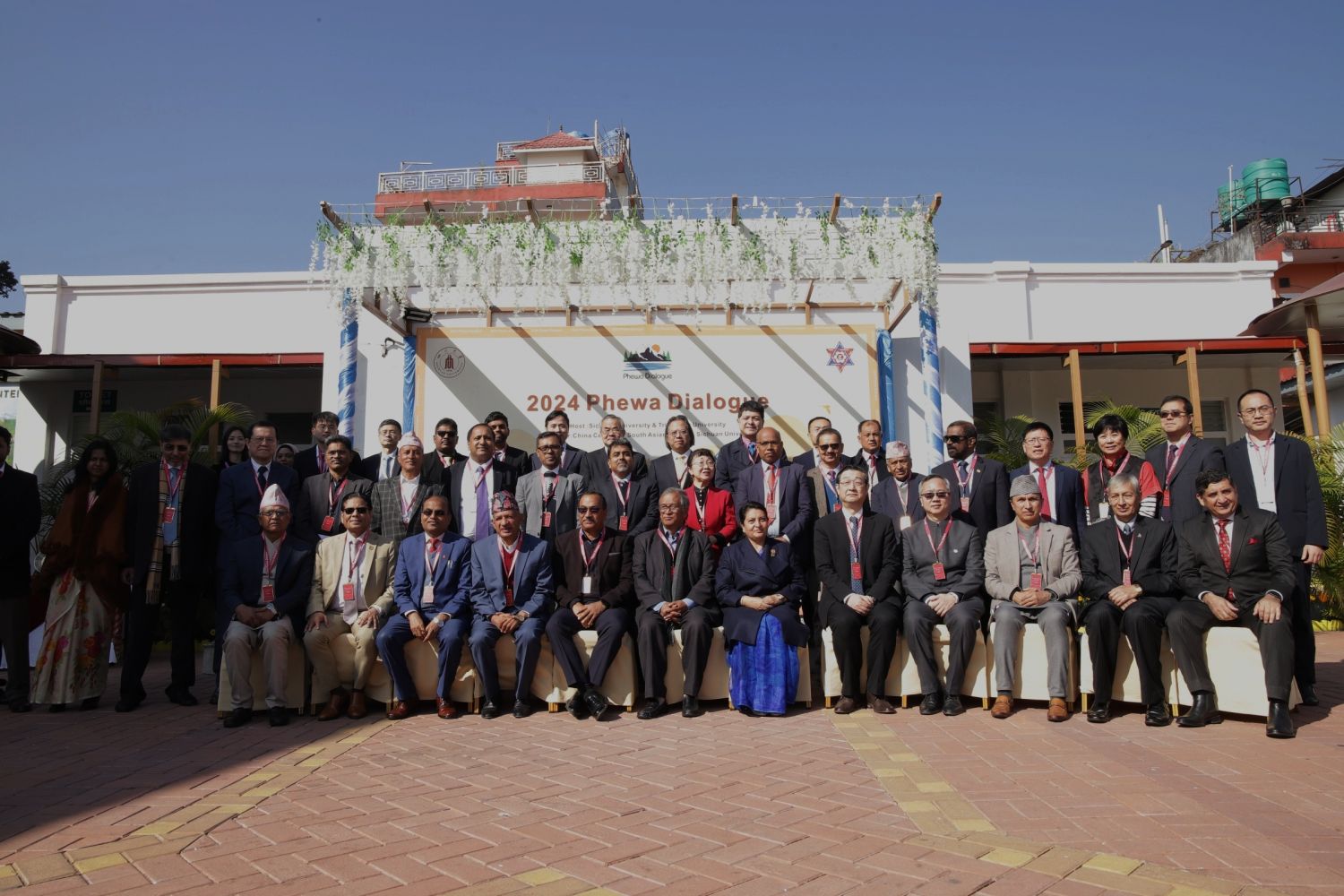
SATV Dec 19 Pokhara: The much-anticipated "Fewa Dialogue 2024" commenced today with several engaging sessions and programs. The event was inaugurated by former President of Nepal, Bidya Devi Bhandari, who lit the ceremonial lamp in a program presided over by Tribhuvan University's Vice-Chancellor, Prof. Keshar Jung Baral.
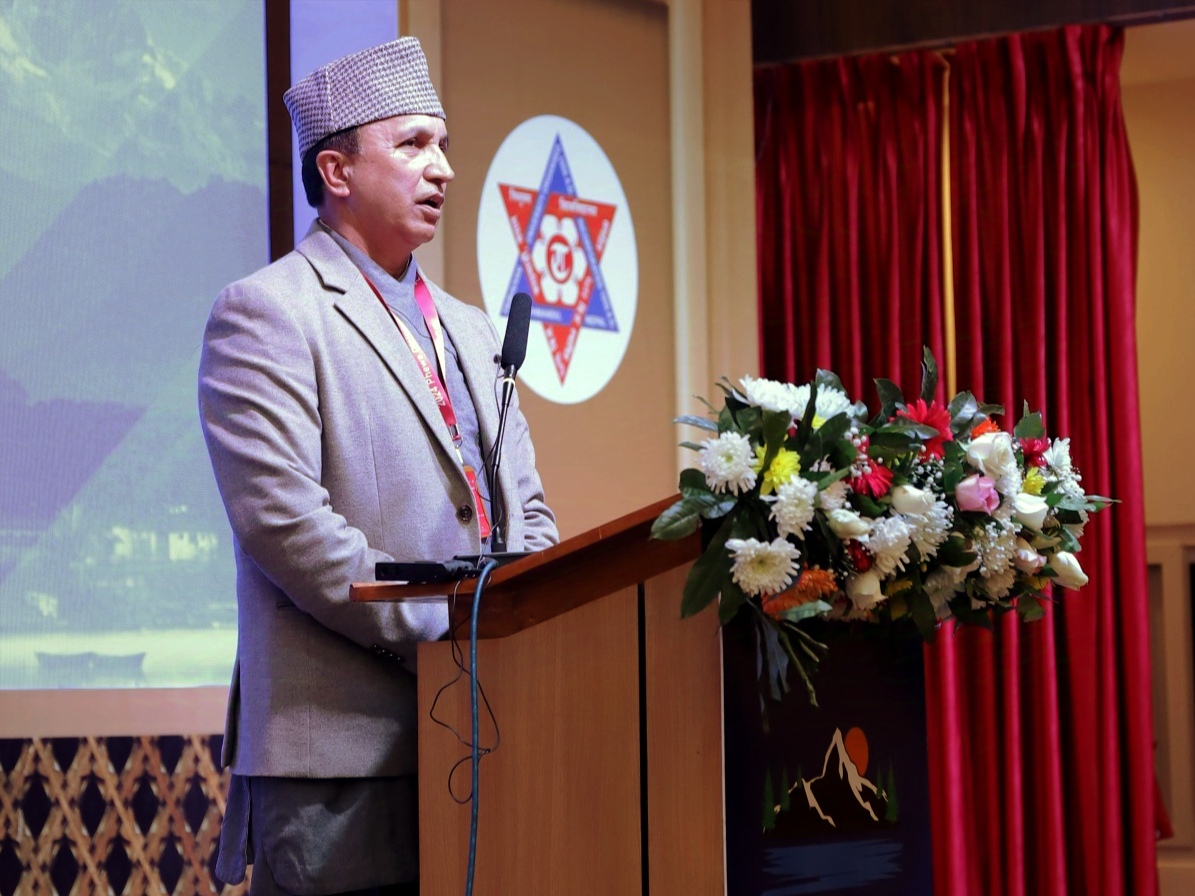
Welcoming the participants, Tribhuvan University Rector, Prof. Khadag KC, highlighted the forum’s success in bringing together experts from various countries and its positive impact on Nepal and the university's academic environment.
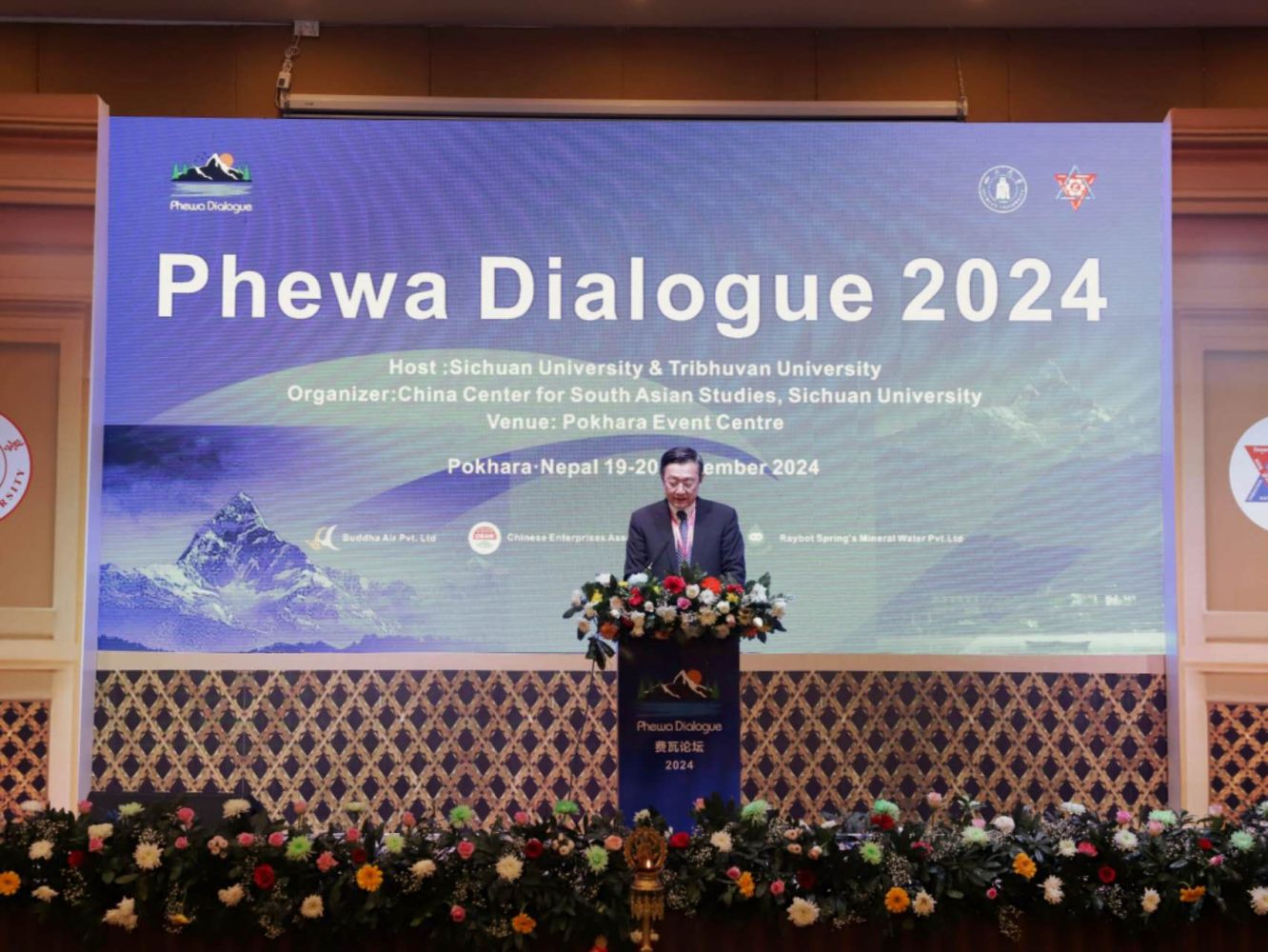
Similarly, Vice President of Sichuan University and Director of its South Asian Studies Center, Yao Lei, expressed delight at hosting the event in the scenic city of Pokhara. He welcomed delegates from around the world and emphasized the unique opportunity for participants to learn from each other's expertise.
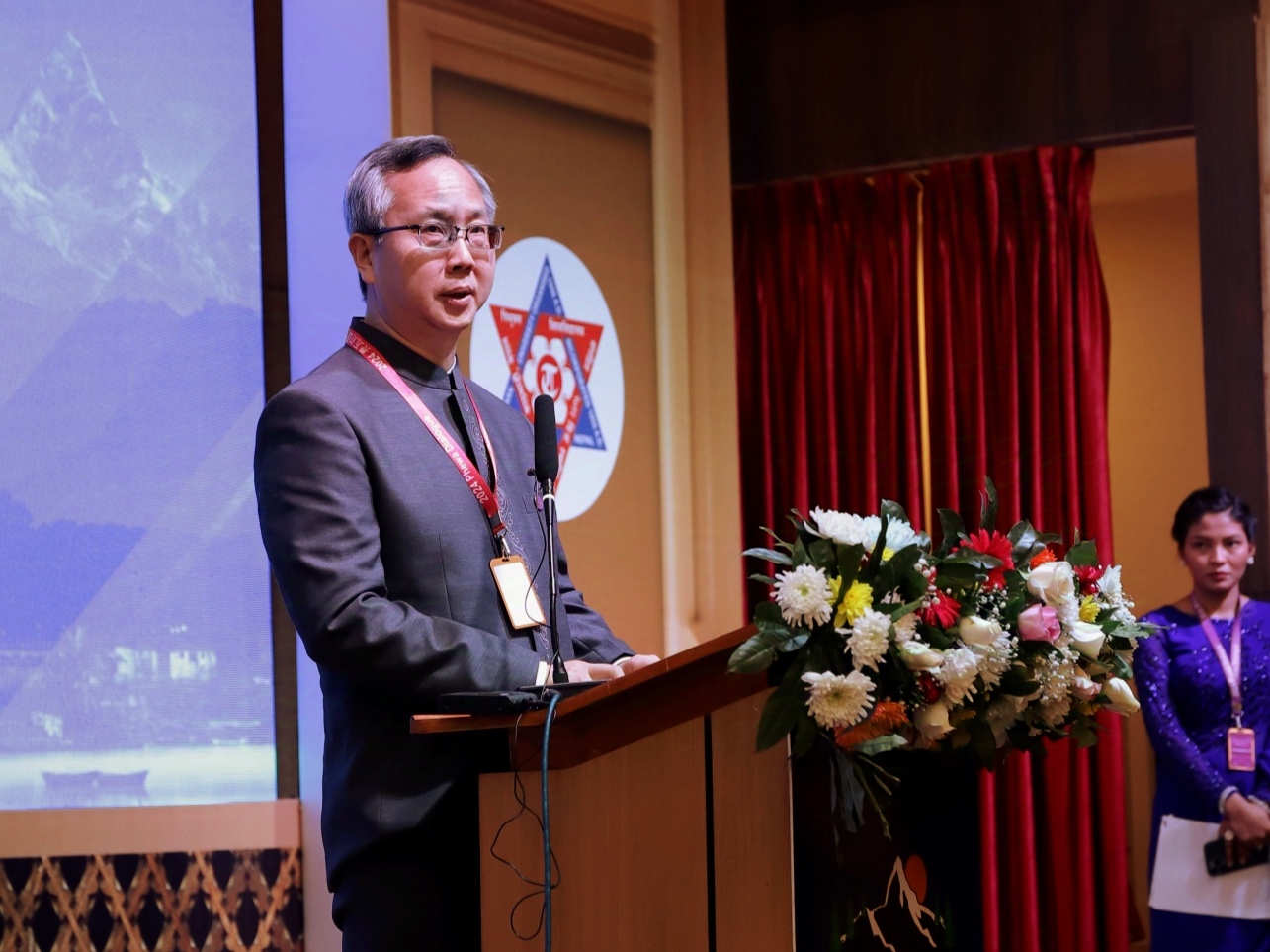
Chinese Ambassador to Nepal, His Excellency Chen Song, underscored the importance of such forums, comparing Fewa Dialogue to global platforms that enhance diplomatic and cultural ties. He expressed confidence that this initiative would further strengthen Nepal-China relations and become a prominent avenue for promoting Nepal internationally.
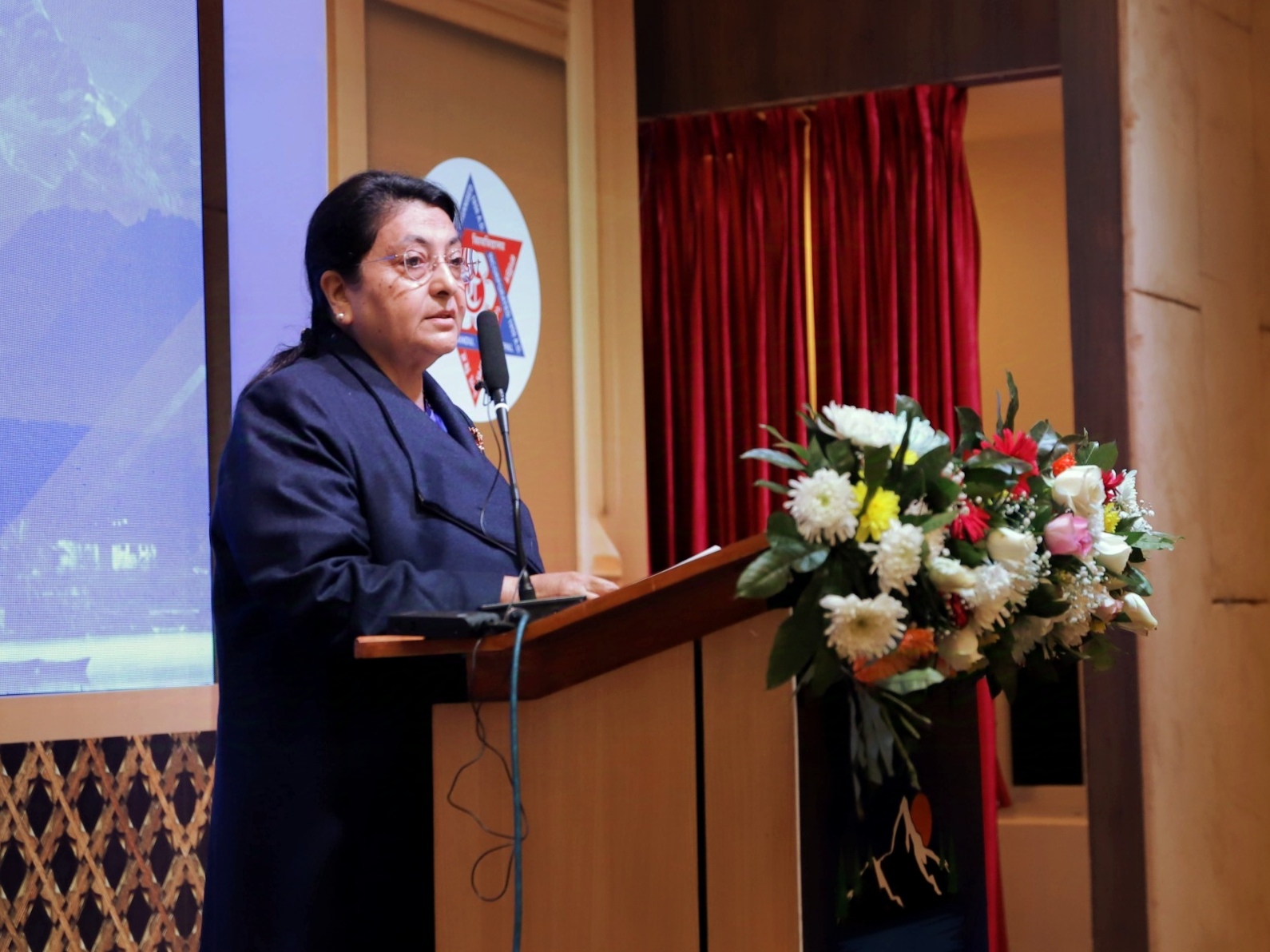
Addressing the gathering, former President Bhandari remarked that Nepal has taken a step forward toward a brighter future. She expressed optimism that the dialogue would contribute to the nation's economic prosperity. Reflecting on the struggles faced during Nepal’s development journey, she emphasized the need to accelerate efforts toward sustainable growth. Bhandari also thanked Tribhuvan University and Sichuan University for facilitating a platform to exchange educational practices.
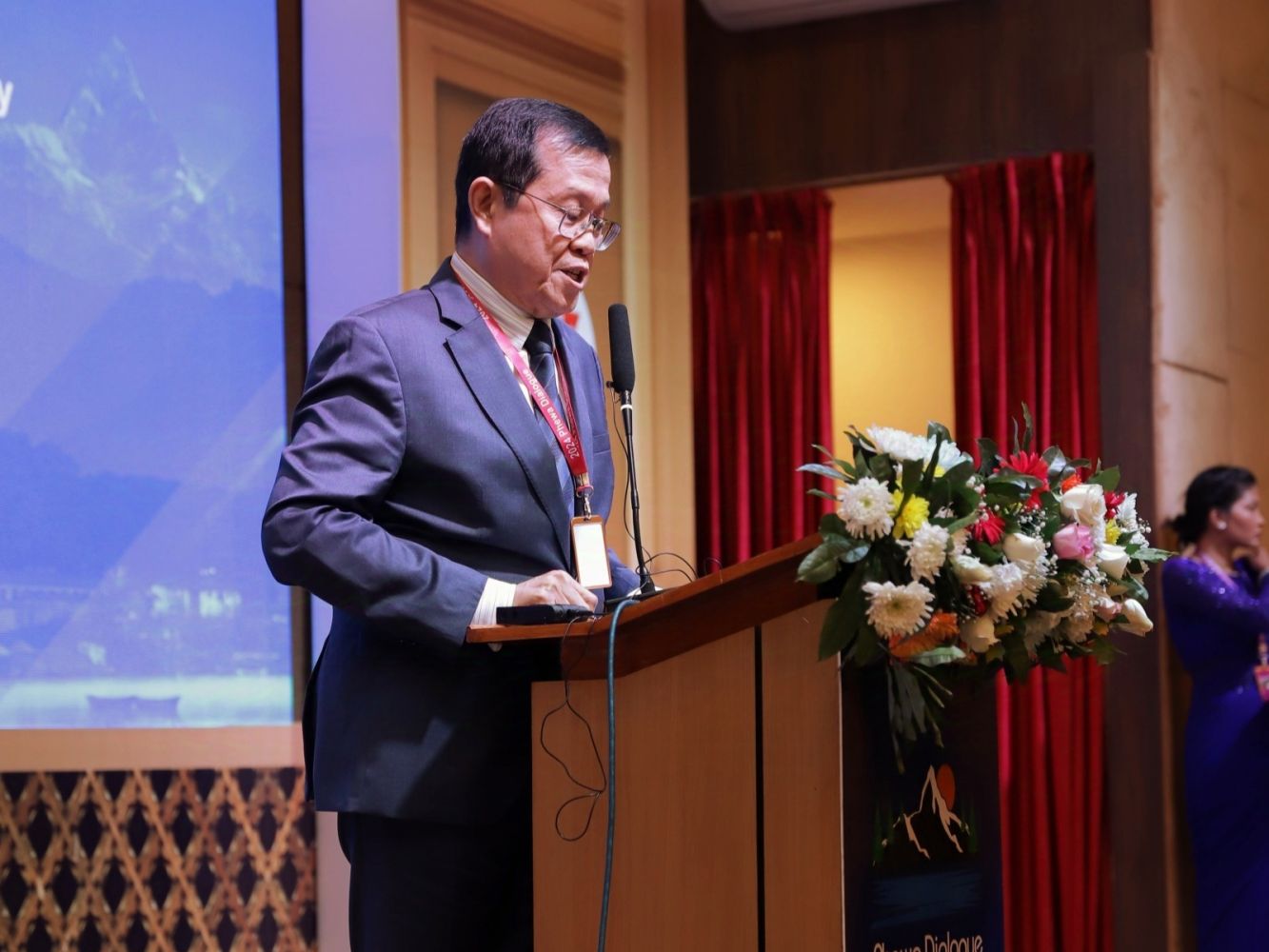
Former Malaysian Transport Minister Ong Tee Keat praised Nepal’s hospitality and shared insights on how Malaysia has advanced on its path to development.
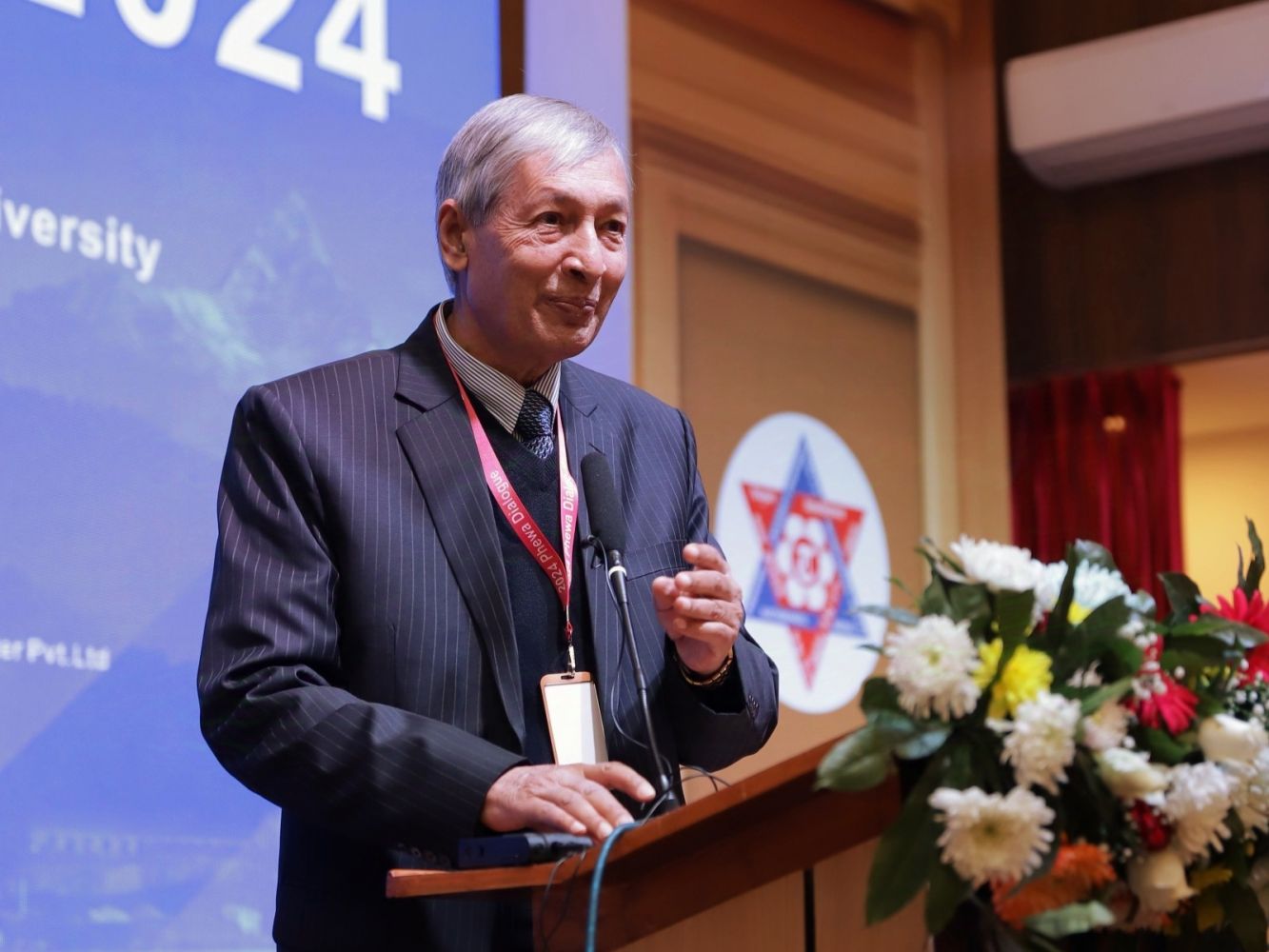
Meanwhile, Nepal’s former Finance Minister and Prime Minister’s Economic Advisor, Dr. Yubaraj Khatiwada, emphasized South Asia’s potential as a favorable investment destination, particularly in the information and communication technology sector.
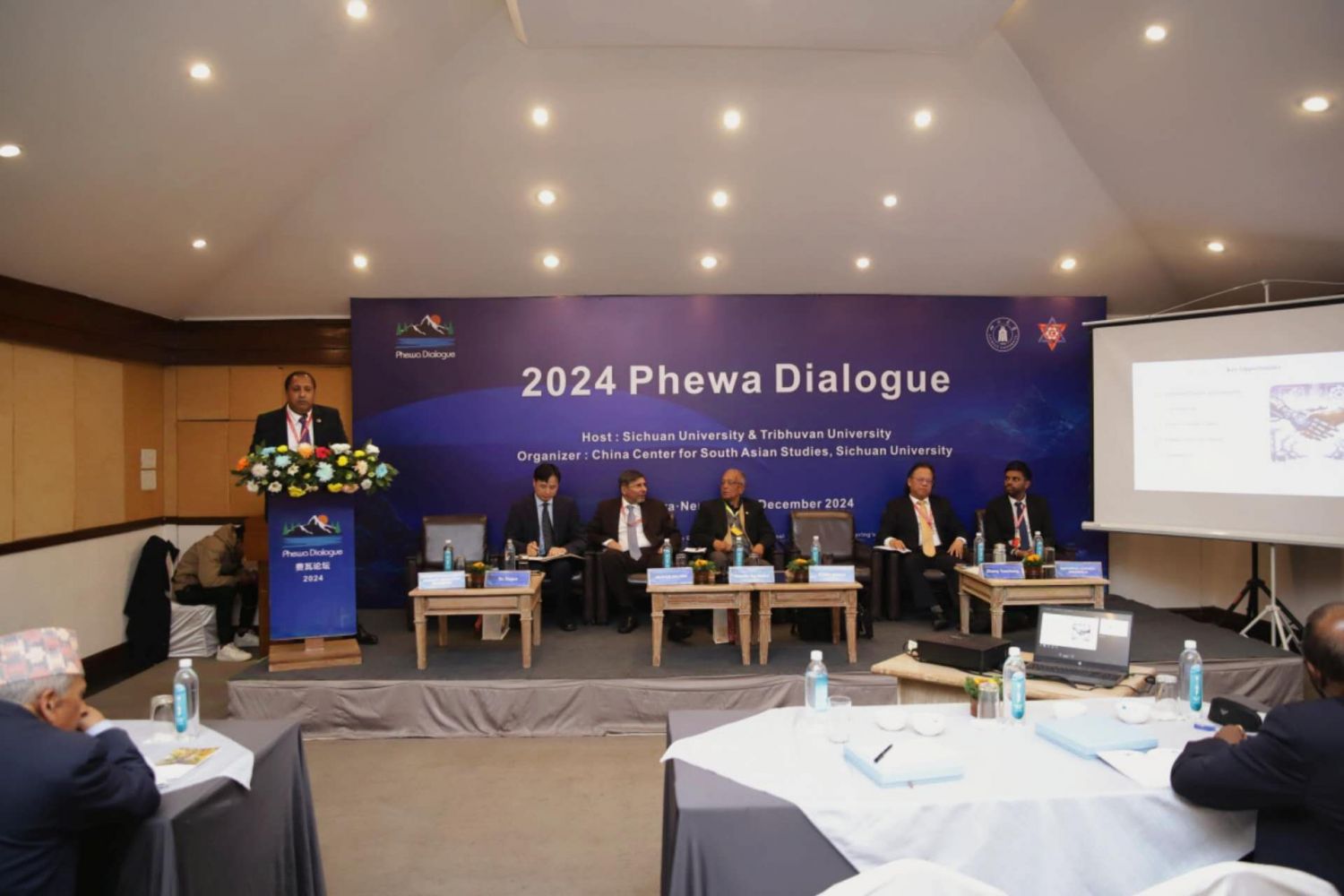
The sessions featured in-depth discussions on topics such as global industrial transitions, their impact on South Asia, and the region's past, present, and future industrial dynamics. Scholars from various countries analyzed strengths and challenges within their fields, providing valuable perspectives to the participants.
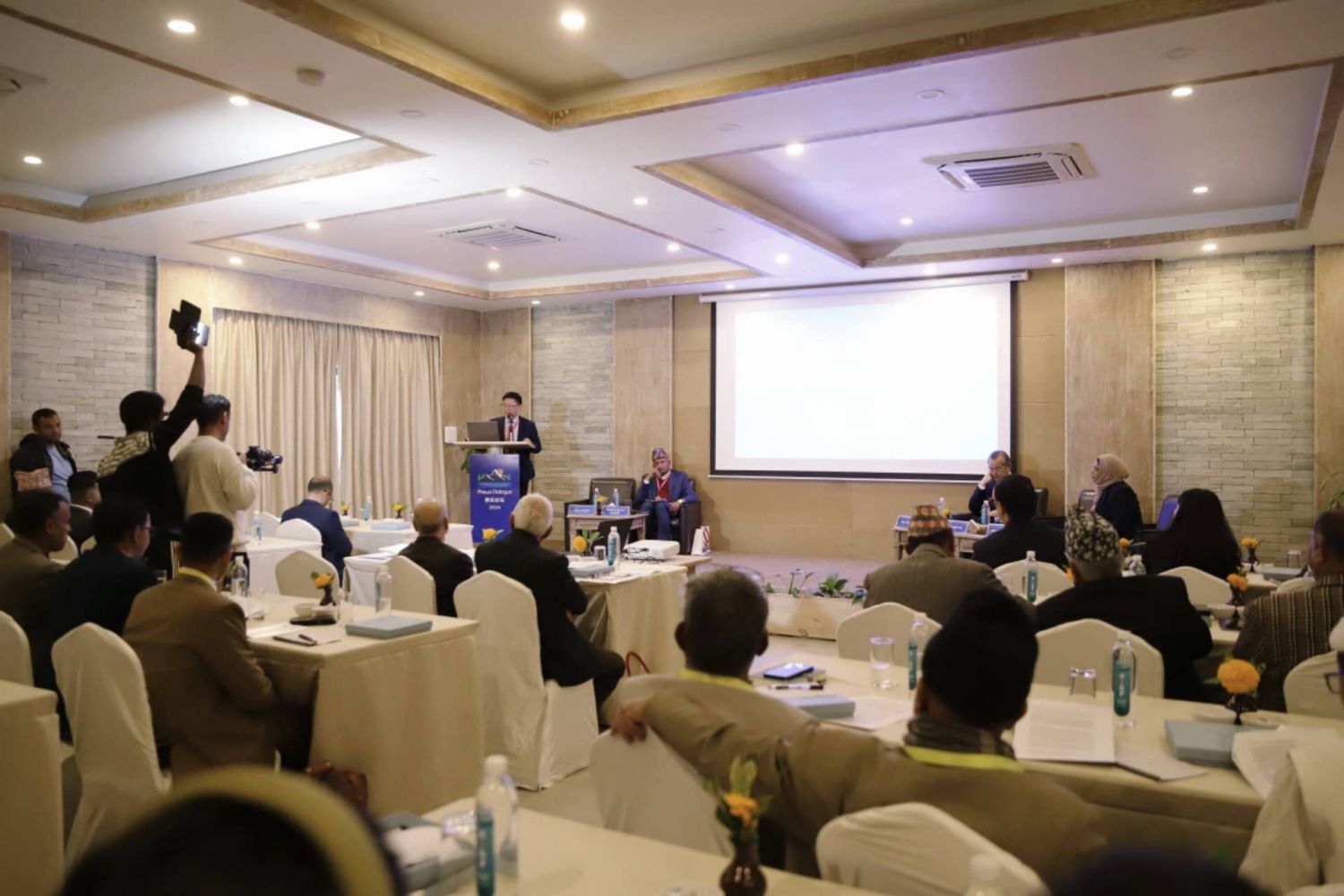
The two-day dialogue is expected to have a lasting positive impact on Nepal’s economy, education, and socio-industrial sectors, fostering collaboration and innovation. Organizers and participants remain optimistic about the dialogue’s contribution to shaping a prosperous future.






